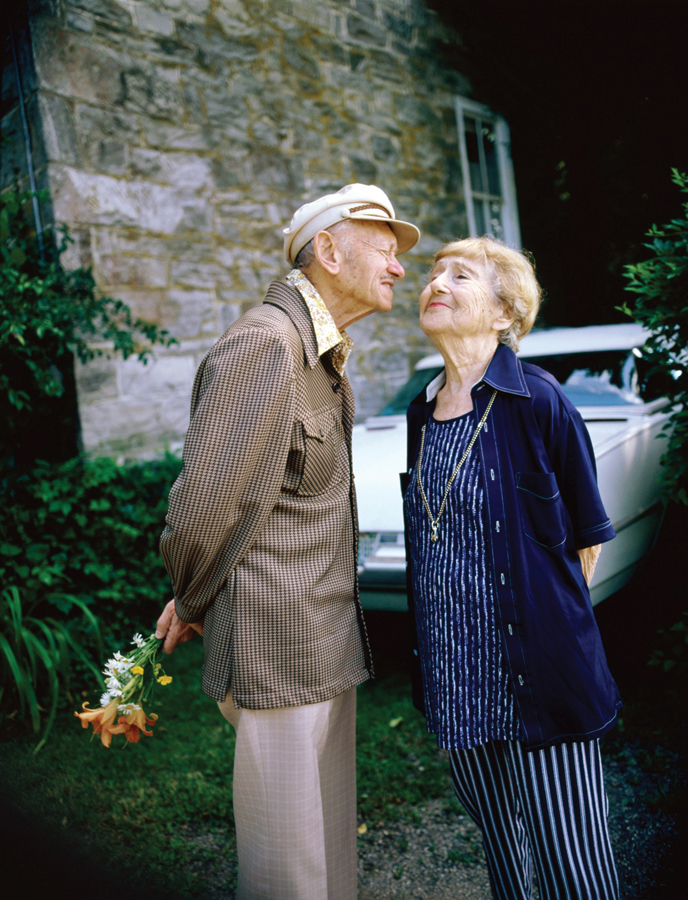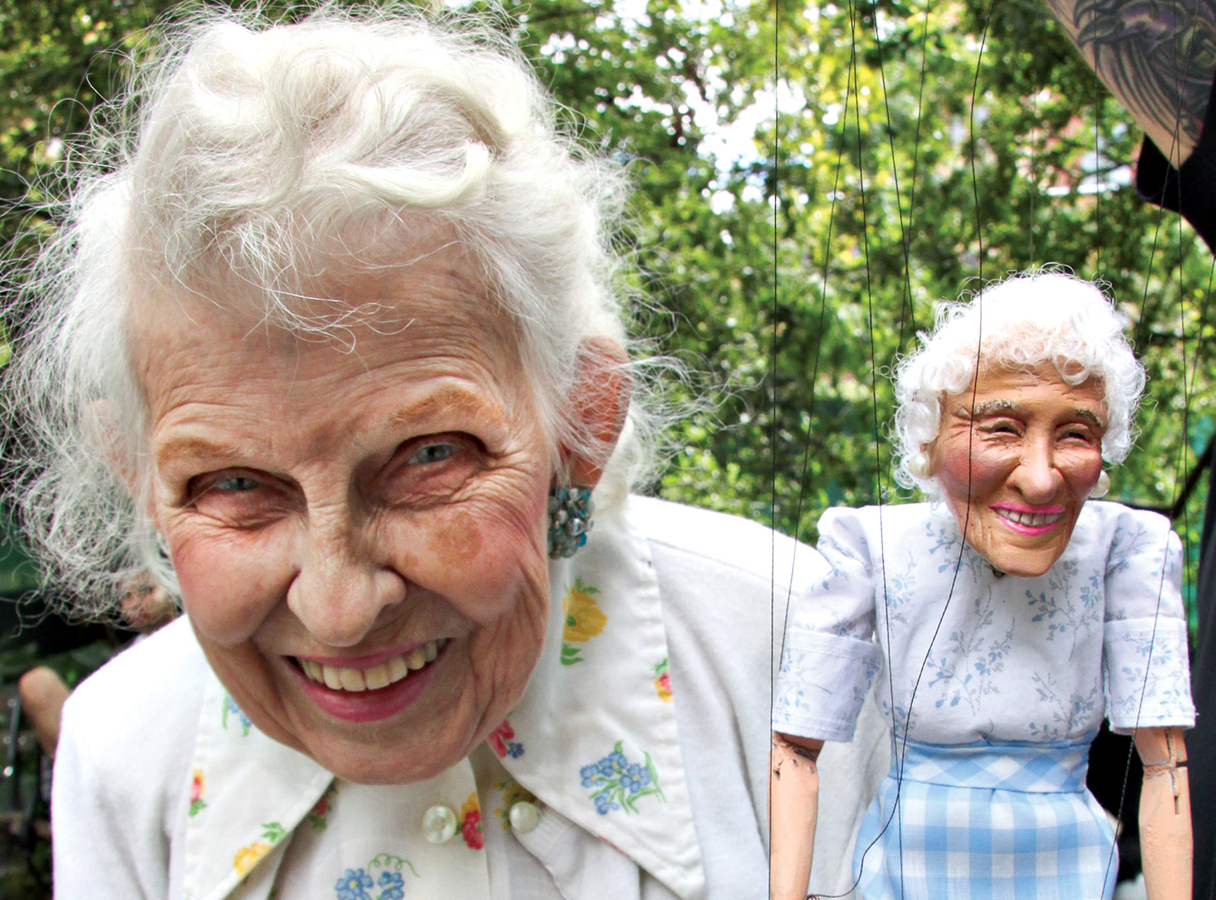Late Adulthood: Psychosocial Development

WHAT WILL YOU KNOW?
- Do older people become more pessimistic or optimistic as time goes by?
Elderly people are more likely to perceive, prefer, and remember positive images and experiences than negative ones. Compensation occurs via selective recall: Unpleasant experiences are reinterpreted as inconsequential. People select positive emotions, perceptions, and memories.
- Do most elderly people want to move to a distant, warm place?
No. Most elderly people want to live in their own homes, or at least in a familiar neighborhood, as they age, rather than moving away to an unknown community. Many older people prefer to age in place rather than move.
- What do adult children owe their elderly parents?
While many adult children provide some sort of care or support for aging parents, the responsibilities that adult children have for their elderly parents varies by culture and family. As family size shrinks, many older parents continue to feel responsible for their grown children. In the United States, many elderly parents are more likely to help their adult children than to receive help; in rural China, by contrast, tradition mandates that elderly parents move in with the firstborn son and be cared for by his wife. One study found that younger cohorts (born in the 1950s and 1960s) endorsed more responsibility toward older generations, “regardless of the sacrifices involved,” than did earlier cohorts (born in the 1930s and 1940s).
- Is home care better than nursing home care?
Both home care and nursing home care can be beneficial. Home care allows the elderly to remain in their own place and community; however, as health declines, a person may require a great deal of caregiving from a spouse, other family members, or a home health aide. The risks of elder abuse are higher in isolated environments and when caregivers lack adequate support. Good nursing home care—
with stable and well- trained staff and provisions for independence and privacy— may be available, and frequent inspections can help ensure that abuse is not taking place. Unfortunately, some institutions are dehumanizing, and all are very expensive.
Almost every week I walk with Doris, a widow in her 80s, to a meeting we both attend. The walk is short, through a park. On the way, she greets several people of all backgrounds, including a few homeless men and a woman who owns the nearby hotel. One person she often greets is Colin, who plays his piano (on wheels) in the park on sunny days. A year ago, the park police ticketed him for not having a permit.
Doris organized a protest. The ticket was withdrawn and Community Board 2 (she is the oldest member, reappointed every two years) passed a resolution about free speech. The Parks Department amended its guidelines.
Babies and animals love her, according to Doris. She may be right: Squirrels scamper up to grab peanuts from her hand, and sometimes pigeons perch on her arm. She dresses well, appropriately for the season, but one August day she wore a long-
Often we stop at the mailbox for her to mail a timely greeting card: She corresponds with hundreds. I have become one of them. Colorful envelopes arrive in my box—
Usually friends have much in common, but Doris and I are not alike. I never send cards, feed squirrels, or protect pianists (although Doris did get me to help Colin). We are members of opposing political parties. She has no children; I have four.

How did we become friends? Five years ago, Doris had knee surgery and needed volunteers to wheel her to her many meetings, appointments, and social engagements. Dozens of people offered their services, including me—
Recently Doris broke her hip. The rehab soon gave her a private room because her younger roommate complained that Doris had too many visitors at all times of the day. They came because they like her, not because they agree with her. She often is the only dissenting vote on Community Board resolutions.
Back at home, Doris continues to be active, social, and appreciated by many. Her life defies stereotyping, which makes her an illustration of the theme of this chapter: the variability and complexity of development in later life. Some of the elderly are frail, lonely, and vulnerable to abuse because of private circumstances and public failures. For most, however, psychosocial development includes working and socializing, concern for others as well as self-